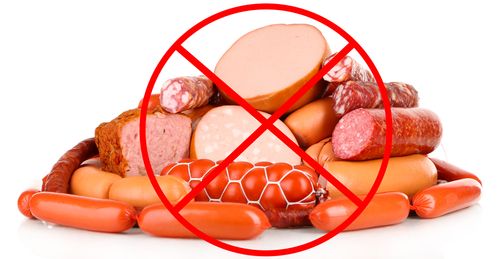Your Top Health Questions Answered | Dubai Today
It’s the end of 2019, and CNN compiled a list of top 10 most searched for health-related queries in the past year based on statistics, trends and user data. Whilst some of these have generic answers that one should know about, others are relatively new fads that took up the world by storm. Here’s a recap and update on the top trending health queries of 2019 with Hakeem!
1. How to get rid of hiccups?
For most people, hiccups go away on their own. If your hiccups are persistent, try the following hacks: try holding your breath, quickly gulp down a glass of water, bite a lemon, gargle with water, have someone frighten you or place a pinch of dry sugar on the back of your tongue. If these natural remedies do not work, your hiccups can be a sign of something serious such as a tumor or a stroke. It is advised to get yourself examined as soon as possible.

Read: This Article will Change Your Life
2. How long does alcohol stay in your system?
Alcohol can stay in your system for up to 24 hours. But if you take a urine, breath or hair test, traces of alcohol can be found for a much longer time. (Urine = up to 80 hours, hair follicles = up to 3 months). If you or anyone you love is suffering from alcohol addiction, book a specialist to turn your life around.

3. How many calories should I eat in a day?
There is no fixed amount of calorie intake that all individuals can follow. The amount depends on your BMI (body mass index) which is calculated using your gender, height, and weight. In order to lose weight, you have to go into a calorie deficit. The best way to know about your calorie intake is to pay a visit to the nutritionist who will not only guide you about your body’s needs but will also give you a personalized diet plan to follow.

Read: How I Lost 12kg in a Month
4. What is HPV?
It stands for human papillomavirus and it is the most common sexually transmitted infection. It might go away on its own, but in some cases, it can lead to cancer and genital warts. There is no cure for it, but vaccines can help you prevent it.

Read: Future Treatments for Erectile Dysfunction
Hakeem Fact: There are about 200 different types of HPV!
5. How to lower cholesterol?
A high cholesterol level increases the risk of heart disease and other health-related problems. A visit to a heart specialist will keep the worries at bay and regular checkups are advised if you suffer from obesity. Some life-changing tips to lower cholesterol include: eat healthy food, exercise, quit smoking, limit alcohol intake and lose weight.

6. What causes kidney stones?
Kidney stones are hard deposits made of minerals and salts that form inside your kidneys. Food high in oxalate causes calcium stones, urinary tract infection can cause struvite stones, uric acid stones can form in people who don’t drink enough water and cysteine stones are formed in people with a genetic disorder that makes the kidney excrete too much amino acid. Depending on your situation, the doctor can treat you with medication or surgery. Passing kidney stones can be quite painful.

7. What is keto?
The word keto comes from ‘ketosis’, a process of burning fats to make ketones done by our body when there aren’t enough carbs to burn. The keto diet is a low-carb diet that lets you maintain your calorie count from proteins and fats rather than carbohydrates. You can read all about it here.

Read: What is Keto? | An Update on the Ketogenic Diet
8. How to lower blood pressure?
Consult a doctor to treat your condition with medication as low blood pressure comes with a lot of risks that can cause permanent brain and heart damage. These lifestyle changes can help eliminate the problem: losing weight, exercise regularly, reduce salt intake, reduce stress, cut back on caffeine, quit smoking and monitor your blood pressure levels.

9. How long does the flu last?
Before we answer this question, you should know the difference between a cold and the flu. The cold can be caused by over 200 viruses but only some viruses can cause the flu. Moreover, the flu is more intense than a cold. The flu typically lasts one to two weeks with three days of severe symptoms.

10. When does implantation bleeding occur?
Implantation occurs 10-14 days after conception and is usually mistaken for a period. The bleeding is light and dark pink or brown. If you’ve had unprotected sex, take a pregnancy test. There’s nothing alarming about implantation bleeding but if it feels painful and you don’t feel too well, head over to a gynecologist.

Read: What to Eat when You're trying to get Pregnant.
What are some interesting health questions that you have in mind? We’ll answer them on Hakeem next year. Happy Holidays!
Let us Take Care of Your Health.
Get FREE health tips, medical advice, lifestyle hacks and the latest news delivered straight to your inbox!